The guide to NBA mediocrity: 5 keys to irrelevance
Winning a championship is difficult in any sport, but especially in the NBA. You need at least two of the best players in the league (maybe even four, if you want to dethrone the Warriors); complementary pieces that supplement your superstars on the roster; a smart front office; ownership that is willing to spend; a head coach to make it all work; and some luck and health.
In the process of building a title contender, many teams have come up short, but many teams in the next tier have accomplished a modicum of success, from winning a few playoff rounds (the current Toronto Raptors) to even exciting the fan base with a particular brand of basketball (the Seven Seconds or Less Suns).
Then there are teams that seem perpetually mired in mediocrity. And not the Sam Hinkie Philadelphia 76ers self-imposed, tanking kind of mediocrity. These are teams that are actually trying - spending money, signing free agents, making trades, doing everything just like the best franchises in the league, except they spend decades being irrelevant instead, and things get worse before they get better (if they get better).
Like building a championship team, assembling a mediocre team takes a lot of work. It's just work that doesn't translate into positive results. Here's an attempt to survey the five key factors that keep a club near the bottom of the NBA standings, so you too can spot the troubling signs about your team before they become reality.
Ownership or the front office is doing way too much
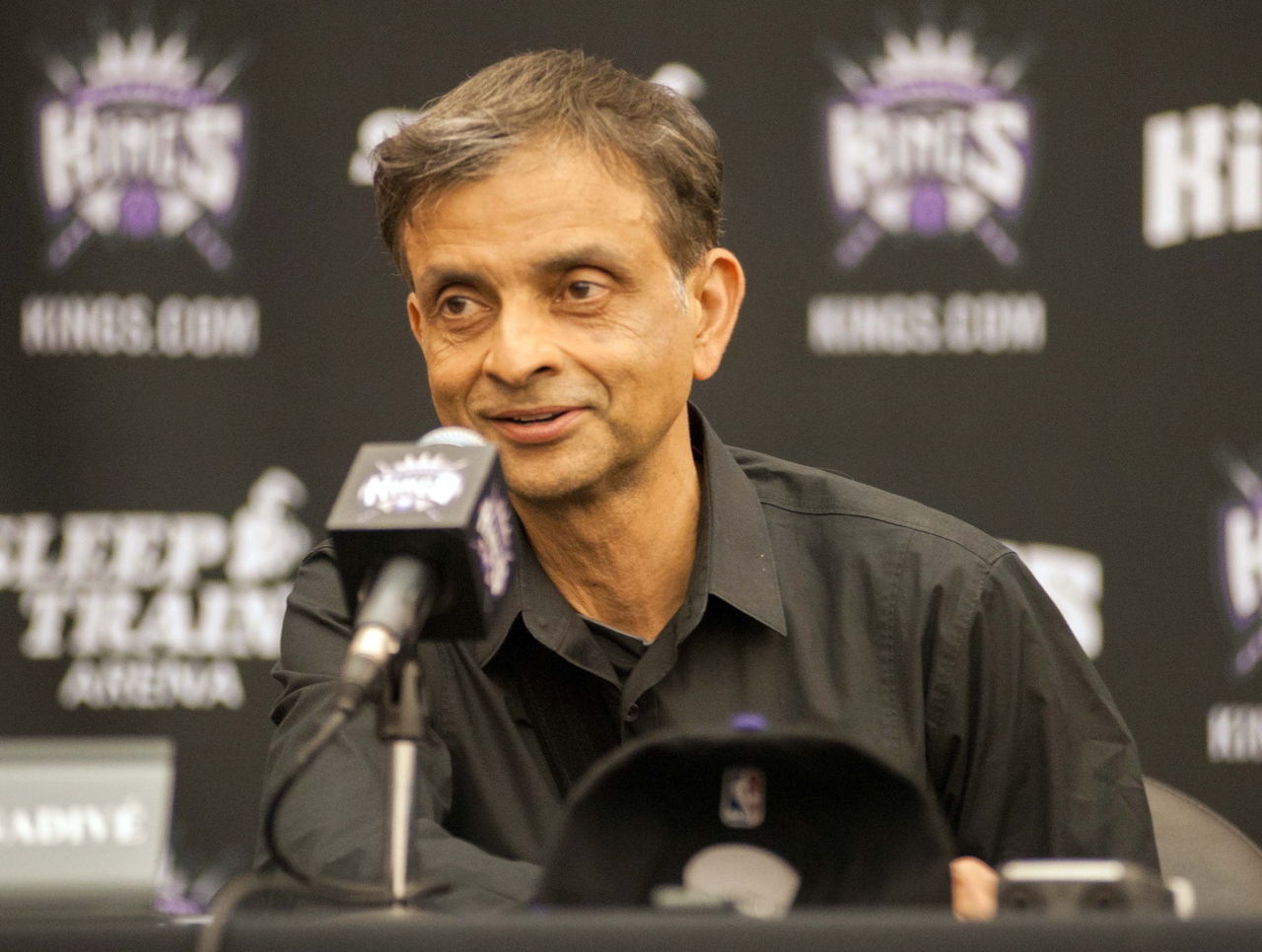
(Photo courtesy: Getty)
A sure sign of mediocrity is when someone in the front office or a franchise owner is doing way too much. If their name has become suspiciously well known, that's one clue this might be happening. Vivek Ranadive in Sacramento is the perfect example.
Since he purchased the team in 2013, the Kings have been the most dysfunctional franchise in the league. Sacramento last made a playoff appearance in 2006. It's cycled through nine head coaches since. In 2014, when the Kings appeared to have finally achieved some harmony, they fired the only head coach to get along with star big man DeMarcus Cousins, letting Mike Malone go early in the season after Ranadive decided he wanted to play a different style.
The decision came from up top, and the hiring of George Karl later that season sent the Kings back into disarray. Then, after years of denying reports that they were looking to trade Cousins, Ranadive suddenly set a deadline for dealing his superstar at All-Star weekend this past season. He sent Cousins to New Orleans in exchange for a package centered around Buddy Hield, whom Ranadive saw as the second coming of Stephen Curry.
Ranadive offers the perfect case study in how ownership's meddling can hold a franchise back for a very long time.
Drafting poorly - over and over again
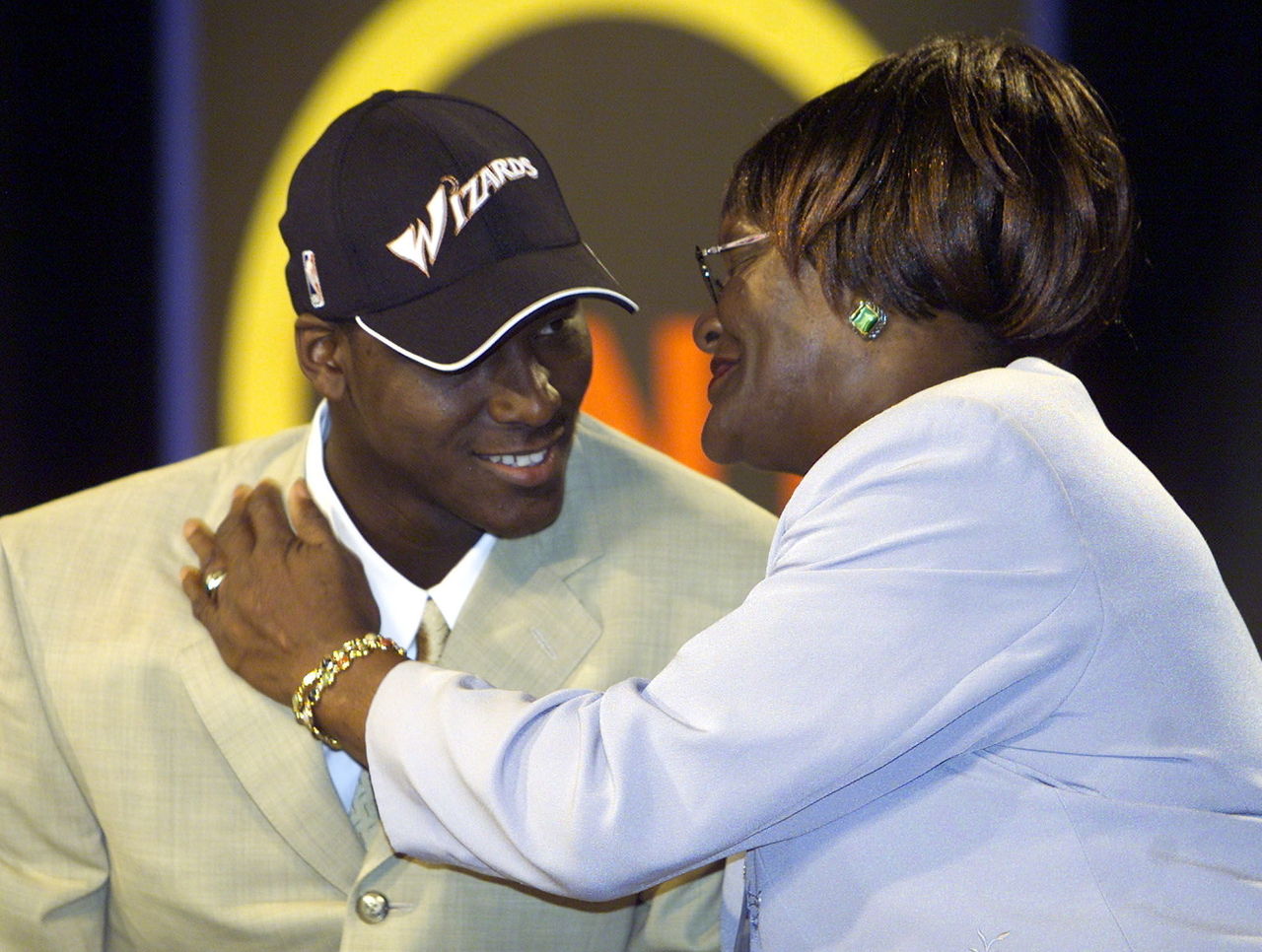
The NBA draft is a crapshoot. For every LeBron James, you also end up with Kwame Brown, Greg Oden, Andrea Bargnani, or Anthony Bennett with the No. 1 pick. Hence Hinkie's strategy in Philadelphia: tank for several seasons and give yourself multiple shots at landing franchise players.
Terrible teams are in the lottery - provided they haven't traded all their draft picks (shouts to Billy King) - year in and year out. But for every team that lands Kevin Durant, Russell Westbrook, and James Harden in consecutive drafts, plenty of others spend entire decades striking out while selecting at the top of the board.
If your team hasn't been in the playoffs in forever, a quick scan of its draft results can often map out why. Sacramento has taken Thomas Robinson (fifth overall), Ben McLemore (seventh), Nik Stauskas (eighth), and Spencer Hawes (10th) in the lottery over the past decade.
The Minnesota Timberwolves - who last made the playoffs in 2004 - have drafted Derrick Williams (second), Jonny Flynn (sixth), and Rashad McCants (14th) in the lottery since their last postseason appearance. The Charlotte Hornets - who haven't won a playoff series since 2002 and have made the playoffs three times since 2005 - have Adam Morrison (third), Cody Zeller (fourth), D.J. Augustin (ninth) and Gerald Henderson (12th) on their draft-lottery resume.
Swing and miss on one lottery pick, and a team can recover. Keep striking out over time, and there's suddenly a significant talent gap to make up in free agency and trade.
Miscalculating when to take the next step
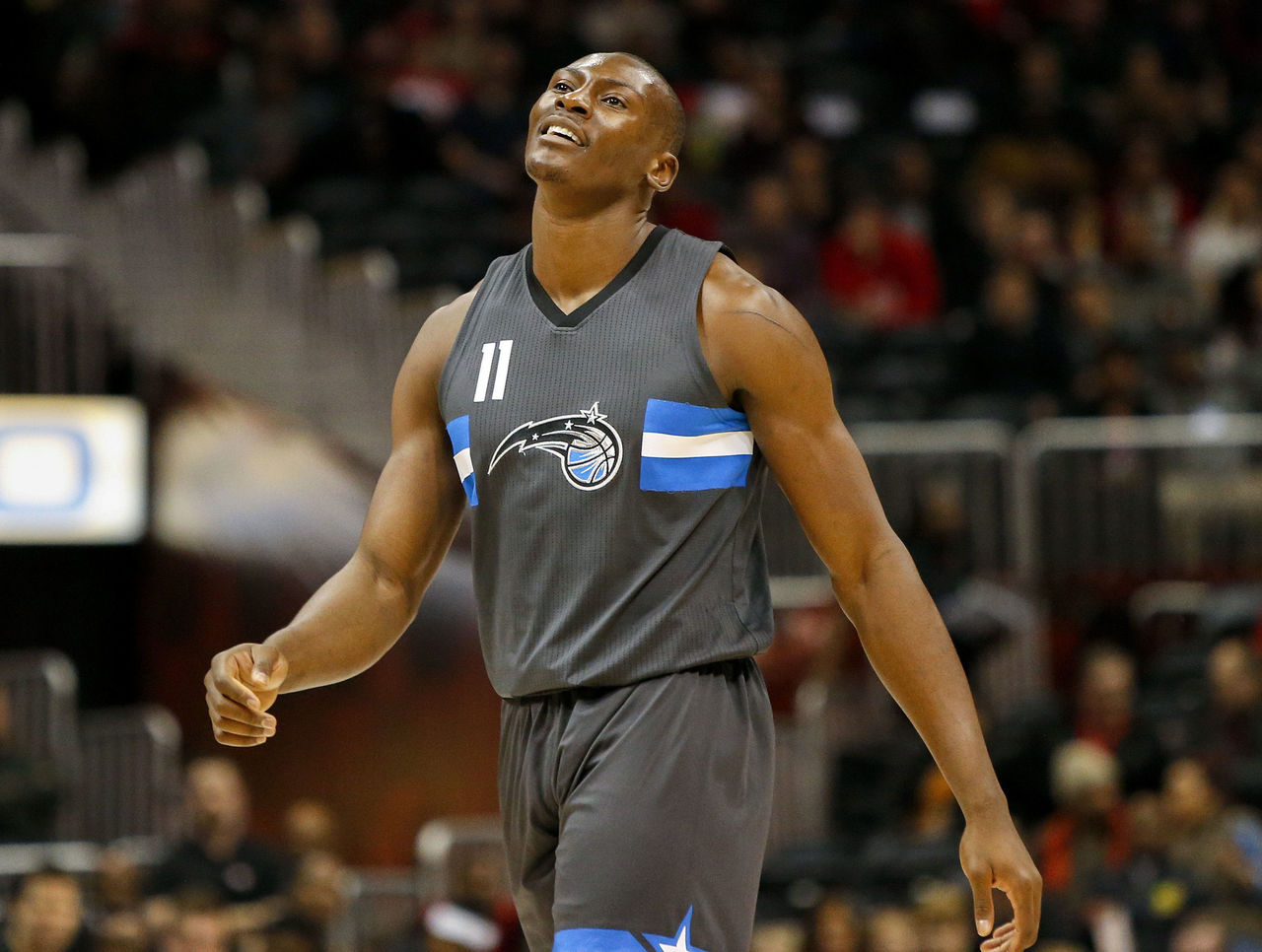
Regardless of how a team drafts, eventually the roster is filled with enough rookie contracts that it can start rounding out the rest of the squad with players from the open market. In a perfect world, your favorite team accurately predicts when its young players are nearing their primes and then adds guys who can help them take the next step to the postseason.
But if management miscalculates the team's progress, tries to make that leap, and fails, it will only set the franchise back further. The Magic won 35 games in 2015, and decided they were ready to take a big step forward in 2016. Orlando signed Bismack Biyombo and Jeff Green and traded for Serge Ibaka. It was a decent plan on paper, but Elfrid Payton, Aaron Gordon, and Mario Hezonja didn't improve significantly last season, Ibaka was traded at the deadline, and the Magic finished with 29 wins. Now there's no direct path to contention in their near future.
A similar scenario transpired in New York, where Phil Jackson traded for Derrick Rose and signed Joakim Noah last summer, then watched the Knicks win just 31 games as they missed the playoffs for the fourth straight season. Jackson was fired in June, but the Knicks are still saddled with the final three years of Noah's four-year, $72-million contract.
Really, this entire section is dedicated to the Brooklyn Nets' trade for Paul Pierce and Kevin Garnett. We won't revisit the details, but let's just go ahead and call it the most disastrous trade of all time.
Doubling down and chasing bad bets
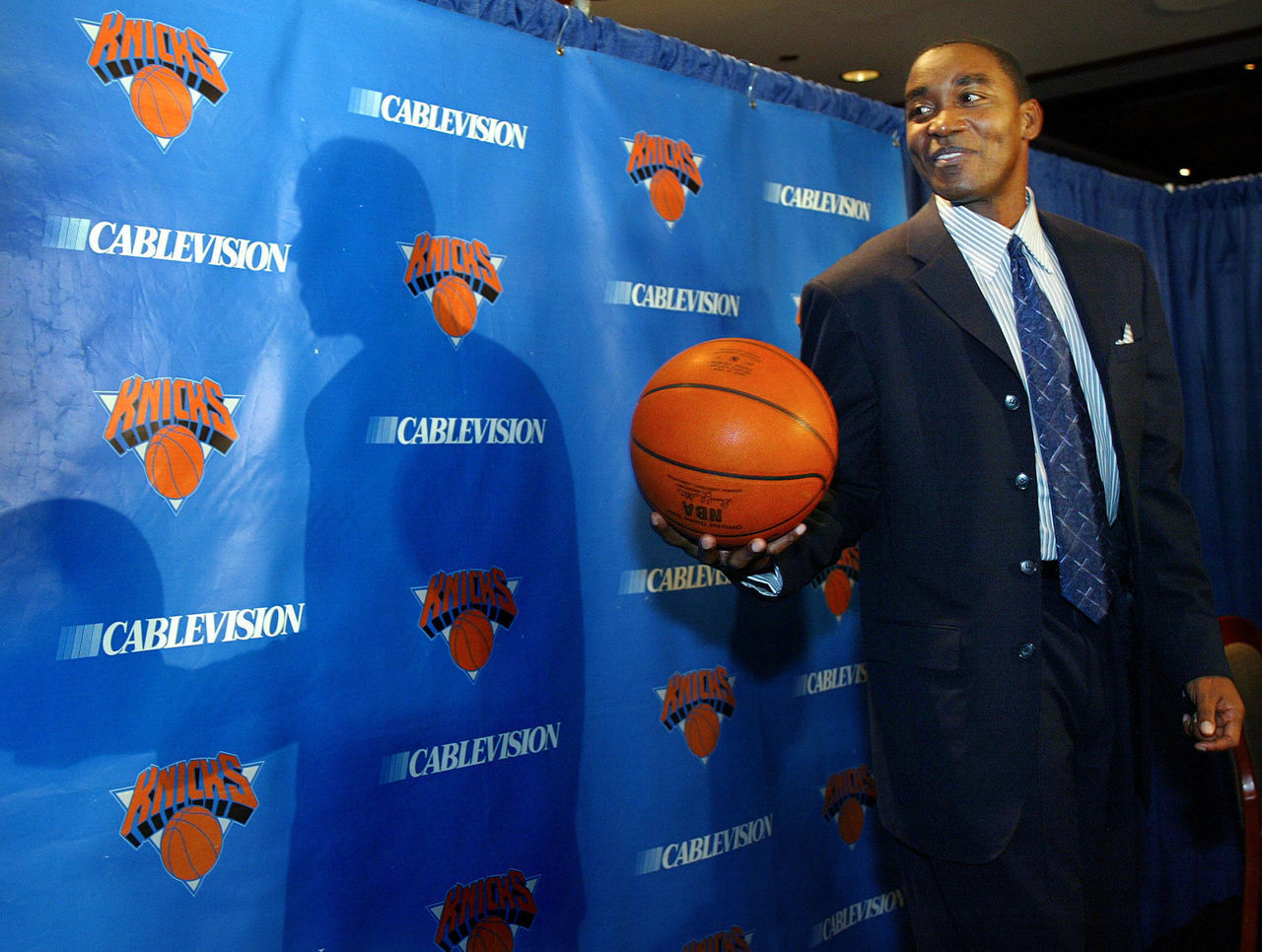
Just like in poker, mediocre teams in the NBA go on tilt after losing a bad hand, and keep chasing that money with subsequent bad bets, doubling down on their poor decisions.
Think about the Isiah Thomas era in New York, which will be remembered for his ill-fated free-agent signings (Jerome James for five years, $30 million) and trades that never panned out (Stephon Marbury, Steve Francis, Eddy Curry). Thomas kept spending more money and sending more assets out to acquire players he thought were stars, only to see the approach fail every time.
Losing out on the superstar trade
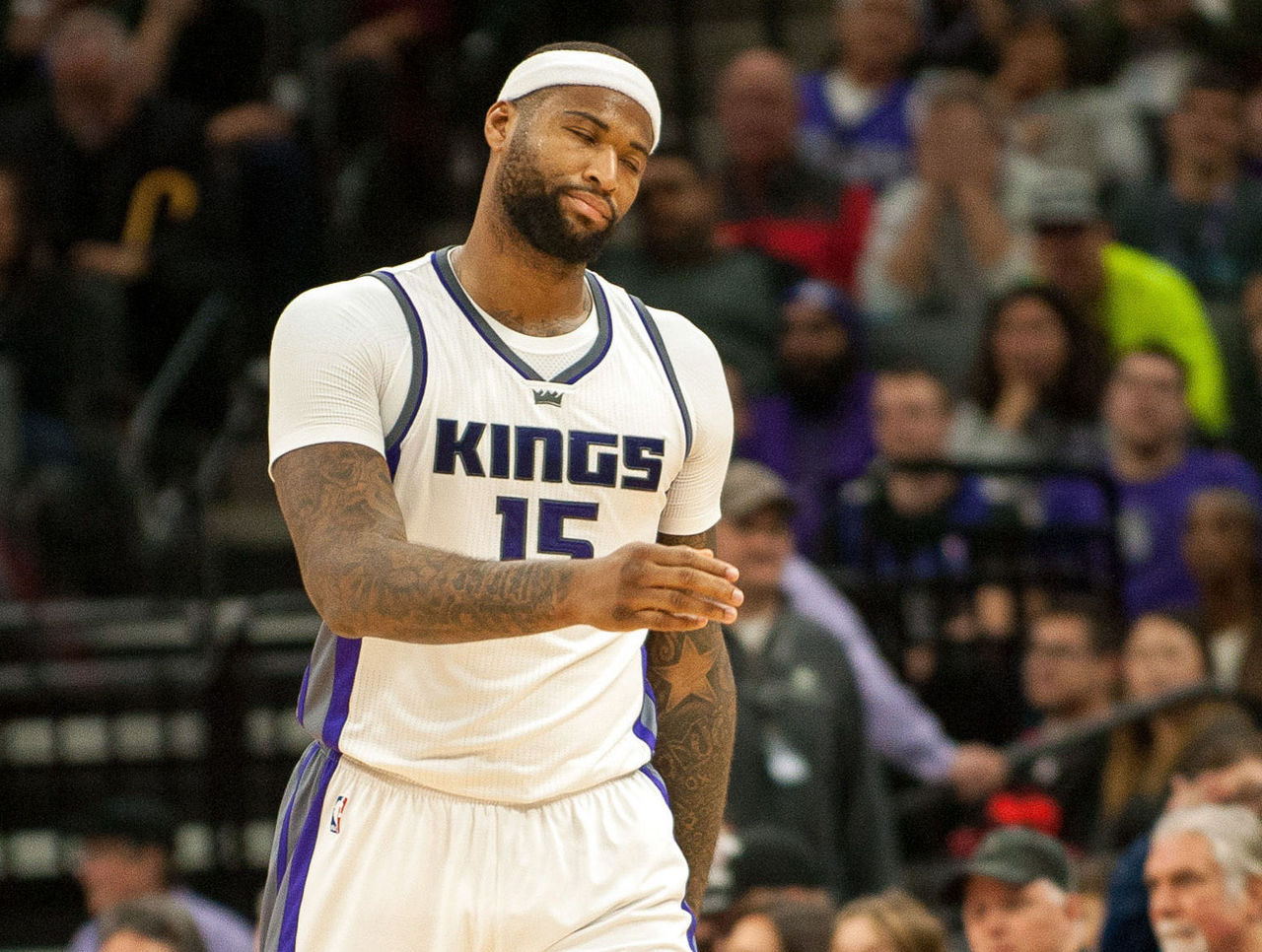
(Photo courtesy: Getty)
Teams usually have to rebuild when it's time to trade a superstar, but botching that deal can impact a franchise for a long time. The Timberwolves' return for Kevin Garnett was just decent, and since that haul wasn't enough to jump-start a rebuild, they were still terrible and stuck in a playoff drought when Minnesota's next superstar - Kevin Love - was traded. And we've already discussed Sacramento's Cousins deal.
Big what-ifs
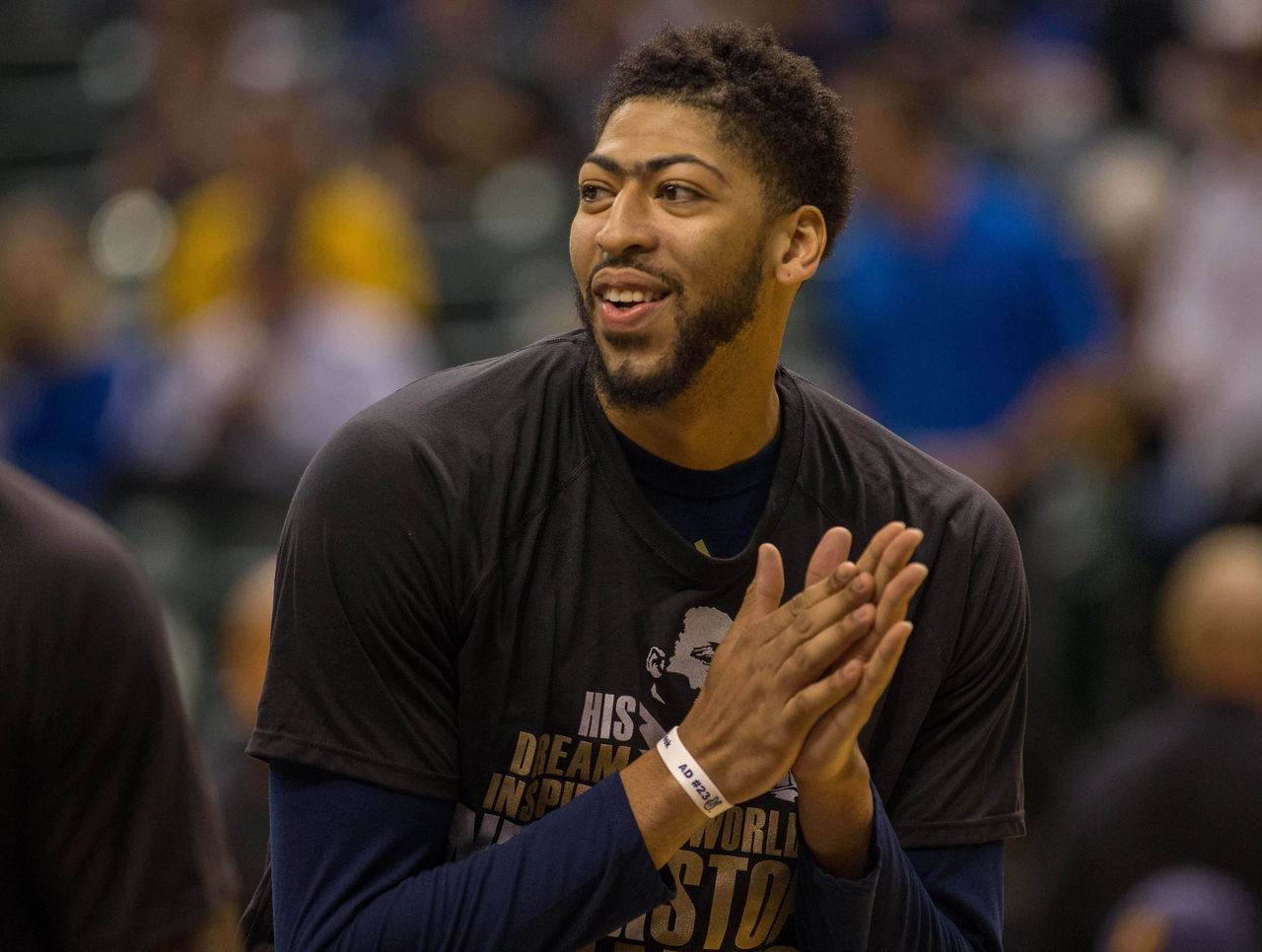
The Charlotte Hornets, who finished with a league-worst record of 7-59 (as the Bobcats) in 2012, had the best chance to win the draft lottery, but ending up drafting second, and missed out on Anthony Davis. It's the ultimate what-if. Sometimes a series of events conspires to keep a team at the bottom, but other times, you can pinpoint a single moment during that stretch of mediocrity that makes you wonder: What if that one thing had turned out differently?
What if the Knicks didn't give Carmelo Anthony a no-trade clause in his contract back in 2014 - or what if they didn't re-sign him at all, and jump-started a rebuild through the draft and trades? If the Kings had kept Isaiah Thomas and re-signed him in 2014 instead of letting him go to Phoenix, would they have watched him blossom alongside Cousins as two superstars competing for a playoff spot in the West? What if Joel Embiid doesn't stay healthy the rest of his career?
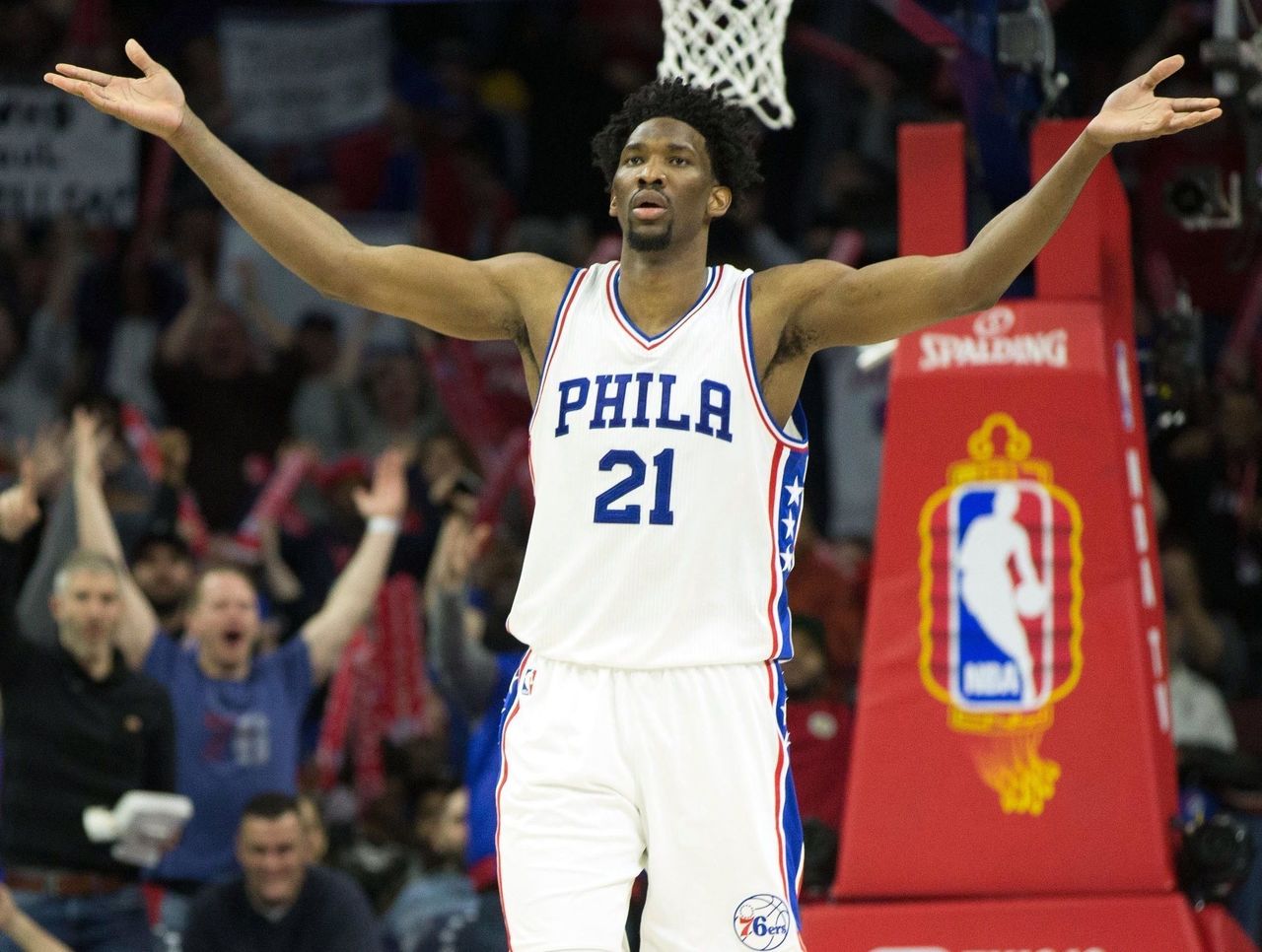
(Photo courtesy: Getty)
Consider how haunting these potential mistakes are when evaluating whether your team is teetering towards mediocrity. Have the 76ers figured out a plan to start winning, or will health and poor free-agency signings hold them back and make them the latest team to miscalculate when to make a leap? (The same scenario exists to some extent in Denver, where the Nuggets just added Paul Millsap to a young core.)
And then there are the next decade's potential what-ifs. If Markelle Fultz becomes a once-in-a-generation star, will Danny Ainge rue the day he traded the No. 1 overall pick? If Paul George re-signs with the Thunder next summer, how long will the Lakers regret not just trading for George instead of waiting a year to try and sign him?
Have the Pacers already botched their rebuild by only getting Victor Oladipo and Domantas Sabonis back for George? Will the Cavaliers be the next team to surrender a superstar (Kyrie Irving) without getting much in return, setting their franchise back for the foreseeable future (especially if LeBron leaves next summer)? And time will tell if the assets the Clippers recouped in the Chris Paul trade will help keep them in contention out West.
Remember: Staying mediocre is just as hard as winning a championship. Though some teams can't figure out how to capture a title, they have discovered how to stay at the bottom of the standings.
(Photos courtesy: Action Images, unless otherwise stated)
HEADLINES
- Martínez, Ramírez hit back-to-back HRs as Guardians sweep Astros
- Rays' Caminero named AL's starter at 3B after Ramírez pulls out of ASG
- D-Backs recall Saalfrank after 1-year ban for betting on baseball
- Ex-Jazz coach, GM Frank Layden dies at 93
- Harper after slump-busting game vs. Giants: 'I'm really good'